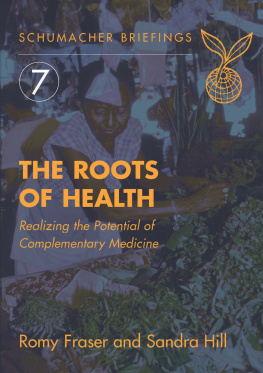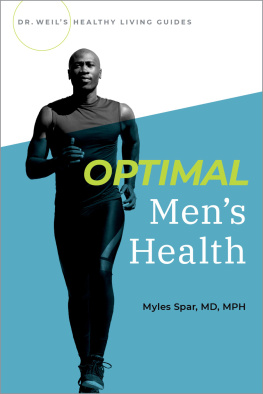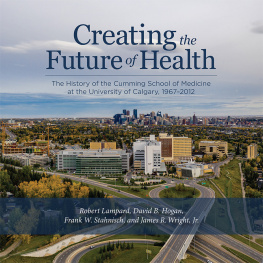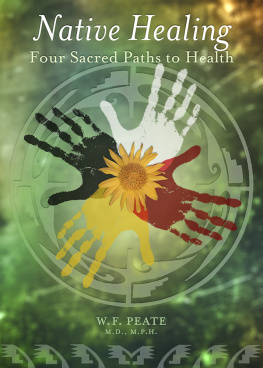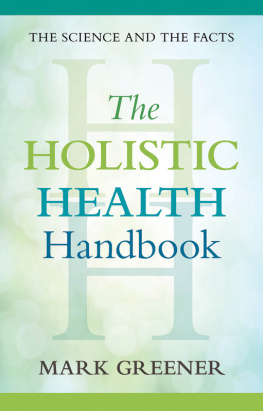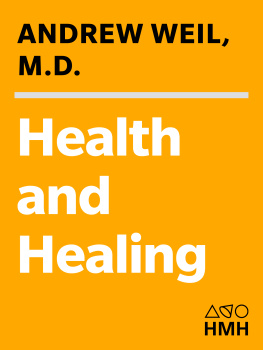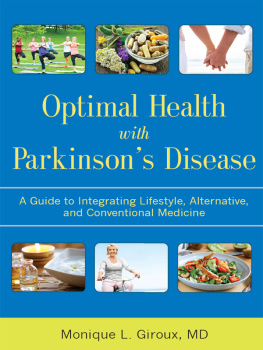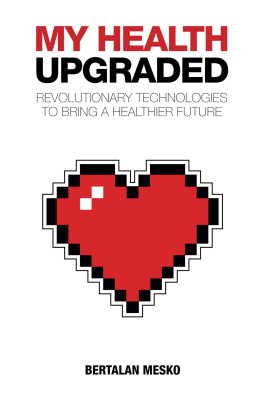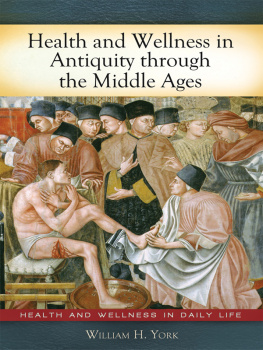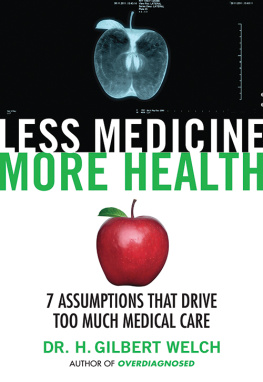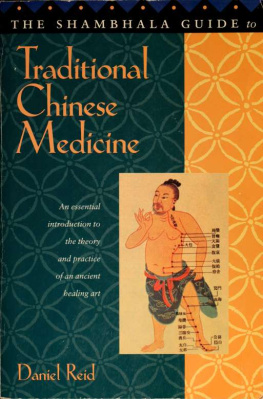THE ROOTS OF HEALTH
Romy Fraser has been involved in Complementary and Alternative Medicine for over 20 years. In 1981 she established Neals Yard Remedies, a company which provides natural remedies and high quality natural health products and promotes education and self-responsibility towards health. Sandra Hill is a Chinese medical practitioner and writer. Through 18 years of clinical experience, Sandra has discovered that self-awareness and self-responsibility are key to good health. Romy and Sandra met in the early 1990s when a group of like-minded alternative practitioners formed the Ecomedicine Group to discuss the future of medicine. In 1998 they established a Foundation Course in Natural Medicines to provide a background to understanding alternative healing practices, and particularly the traditions of herbalism, homoeopathy, essential oils and flower remedies. Both the course and the ecomedicine group have been an invaluable background for the creation of this book.
Schumacher Briefing No. 7
THE ROOTS OF HEALTH
Realizing the Potential of Complementary Medicine
Romy Fraser and Sandra Hill

Published by Green Books
for The Schumacher Society
Contents
Acknowledgements
Both Romy and Sandra would like to thank all members of the Ecomedicine Group and teachers and students of the Foundation Course in Natural Medicines. A particular thank you to Julian Barnard, Phil Beach, Peter Bruno, Patric Collin, Susan Curtis, Francesca Diebschlag, Peter Firebrace, Christopher Hedley, Pauline Hili, Tony Hurley, Irene Kohler, Hanelle Levine, Michael McIntyre, John Morgan, Neil Meikleham, Penelope Ody, Helen Stapleton, Beth Tyers and Ian Watson.
Introduction and Summary
The 2001 Bristol Schumacher Lectures address three areas of major concern: for the health of society, the individual and the environment. Firstly, it is suggested that our lack of connection with nature and natural cycles may lay behind our spiritual malaise, which in turn will affect our physical health; secondly, our over-use and abuse of chemical substances in all areas of our lives, from the birth control pill and household cleansers to chemical fertilizers and the overuse of antibiotics in farming, is having a dramatic effect on our personal and environmental health. A move towards more natural methods of healing and the education particularly of teachers, health care professionals and children may provide hope for the future.
In his Schumacher Briefing The Ecology of Health, Robin Stott addresses the current state of medical practice within the UK and discusses many of the political and social implications of health and health care. His suggestions involve the changing from within of the present structure towards a more ecofriendly, patient-based human scale and holistic form of health care. We would like to suggest that change within the system will come from both within and without. It is by patient pressure that change will ultimately take place. The public is demanding a change to health care, and is showing its approval of complementary and alternative practices by visiting its practitioners in ever increasing numbers. In this Briefing we put forward some of the ways in which complementary and alternative medicine can contribute to the future of health.
Chapter One
The Roots of Health
La Sant, cest le luxe de pouvoir tomber malade et de sen relever
George Ganghiler
(Health is the luxury of being able to fall ill and to recover.)
I have an earache!
2000 BC | Here, eat this root. |
1000AD | This root is heathen. Here, say this prayer. |
1800AD | That Prayer is superstition. Here drink this potion. |
1900 AD | That potion is snake oil. Here, take this pill. |
1950 AD | That pill is ineffective. Here, take this antibiotic. |
2000 AD | That antibiotic is artificial. Here, eat this root. |
The advancements of modern biomedicine have provided a sophisticated but somewhat mechanistic approach to health. It is an approach which is able to function well in emergencies, but which has fallen down in the more basic areas of maintaining and creating health. Dazzled by the progress of science, we have lost touch with the simple remedies and body wisdom that were once a part of every household. Throughout this briefing, we would like to suggest that Complementary and Alternative Medicine (CAM) has a central part to play in the future of health care. Both by looking into the past and reclaiming some of the more traditional views of health and disease, and by looking into the future and encouraging the application of appropriate scientific research into the body and its energy systems, we can begin to re-introduce balance into a system which is spiralling rapidly out of control. We would like to question the usual assumption that CAM is unscientific by suggesting that there are many ways to measure success and failure, and that possibly a qualitative rather than a quantitative approach is needed to evaluate health.
Over the past twenty years alternative and complementary medicines have steadily grown in popularity. Patient demand has created a place for complementary medicine within many mainstream practices. This popularity is not simply a matter of safer treatment without side effects, or even the personal time spent in consultation. Many alternative therapies are able to offer a different view of health, to put symptoms in perspective, to provide a framework in which the patient is able to understand the disease process and to become a part of the cure.
Many of the disciplines within CAM have their roots in the traditions of the past, and have embraced a philosophy of health which informs their practice. Most traditional systems of healing share a common philosophical ground based on an understanding of nature and of natural cycles. They provide a world view of mankind living in harmony with nature and in contact with a world of spirit. The human body is seen as an extension of the earth, our spirit as an expression of heaven or the divine. In many traditional systems, the earth is called the mother, the sky or the spirit, the father. In Chinese medicine these polar opposites are referred to yin and yang, essence and spirit, in the Ayurvedic traditions of India as matter and consciousness, where Purusha, the unmanifest consciousness, unites with prakriti, the material universe, to create life. In each case the two are held in an embrace which is the very essence of life. Similarly both Northern and Southern American traditions maintain that all nature is imbued with spirit. These traditional world views engender a respect for life and a respect for nature.
The roots of medicine lie in a distant time when mankind lived close to the earth and depended on an understanding of nature and climate for survival. There was an understanding that the laws of nature are reflected in the laws which govern our bodies and therefore our health and wellbeing. The Western herbal tradition, for example, grew out of the Greek system of the four elements, the four temperaments and the four humours, which is based on observation of the natural world and the ways in which we respond to it. It assigns the attributes of hot, cold, moist and dry to each element and its appropriate season, but also recognizes related disease patterns and both constitutional and personality types, developing a complex system of resonances, in which a particular type may be likely to respond to a particular medicine. In many cultures, diseases are described as cold or hot, moist or dry, and herbal remedies may be prescribed on the basis of their warming or cooling, moistening or drying properties. Herbs are also classified by their taste, which is a sign of their effects within the body. Herbs will be described for example as bitter, sweet, astringent. A similar system underlies that of Chinese medicine, where the five elements or five phases (

